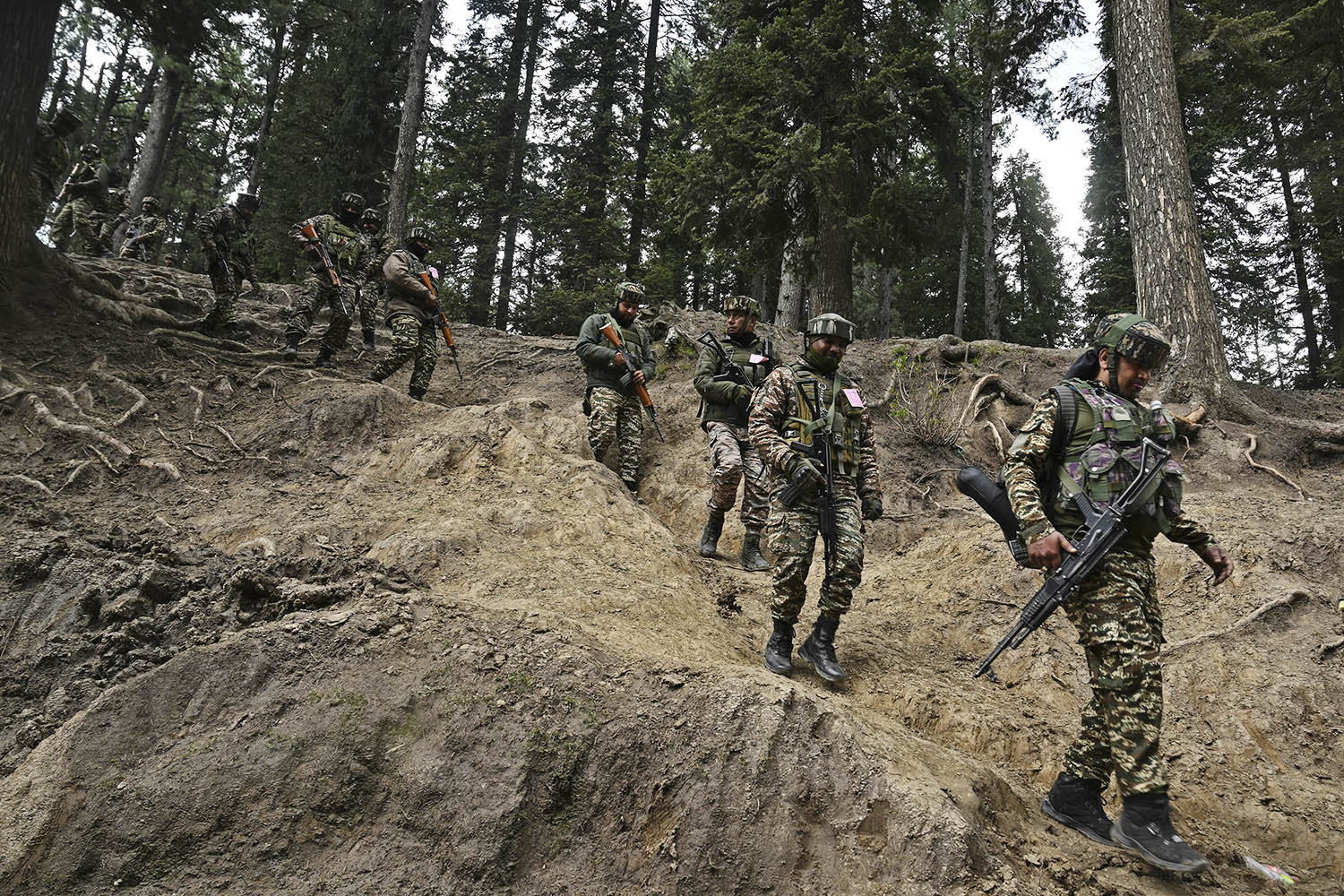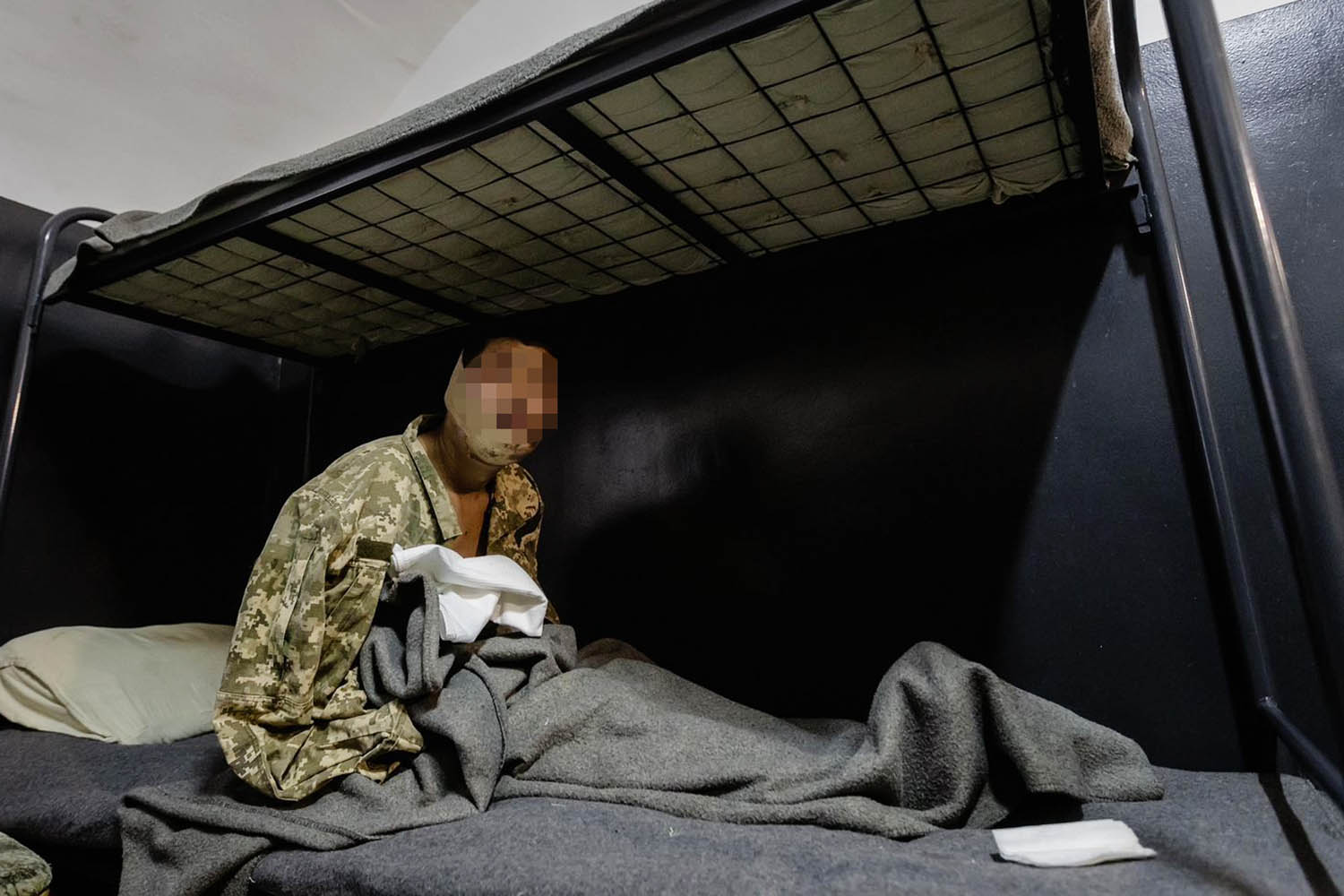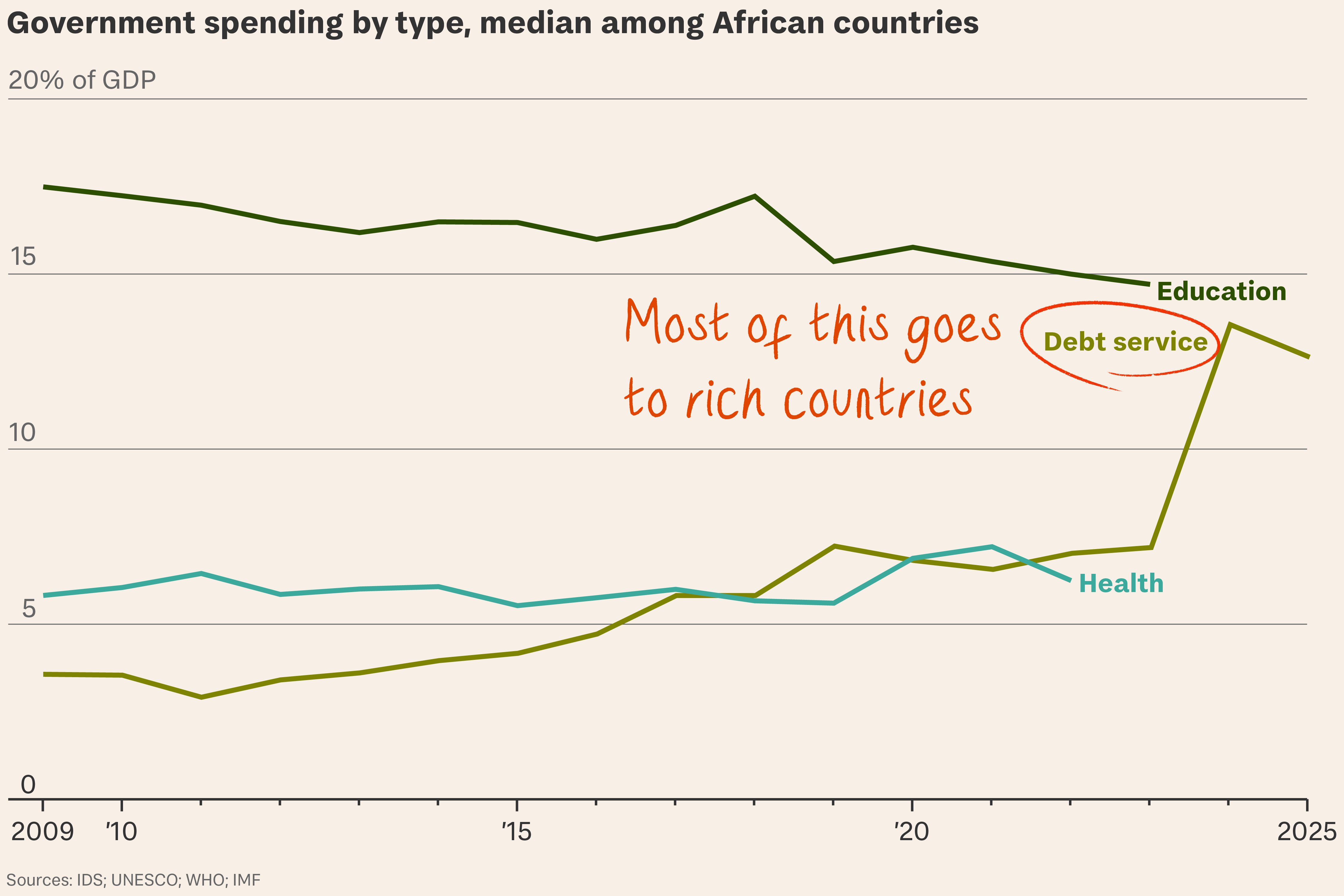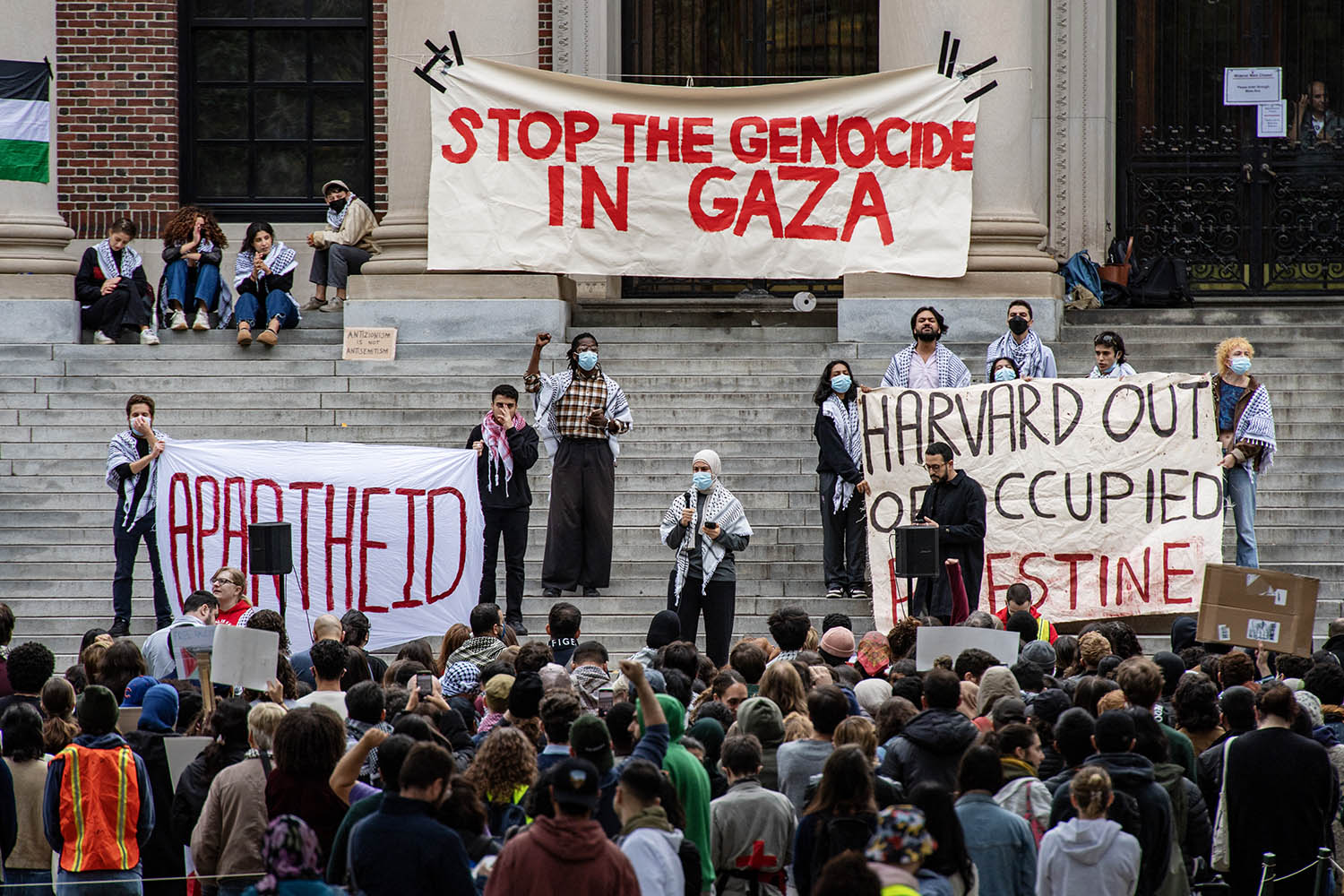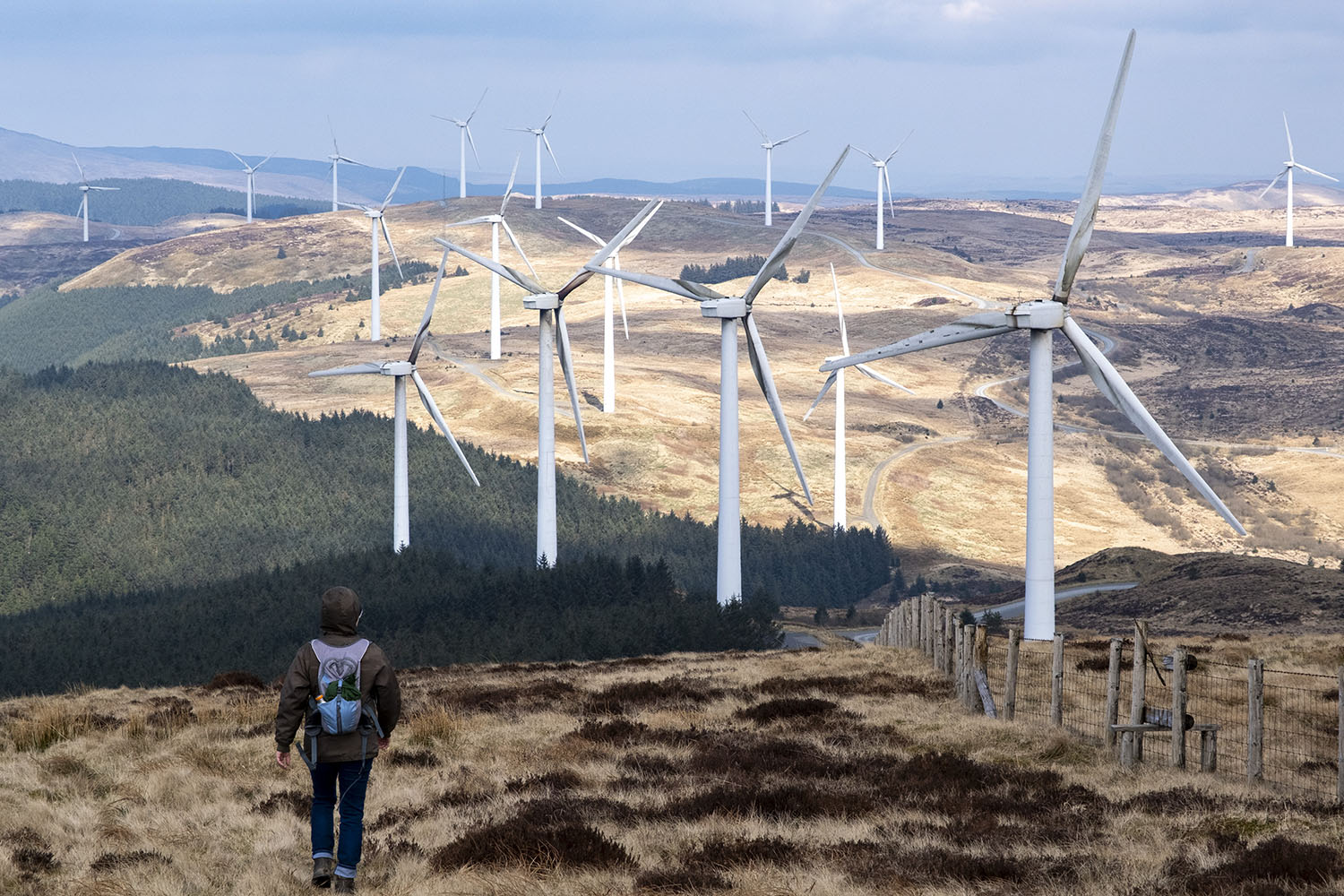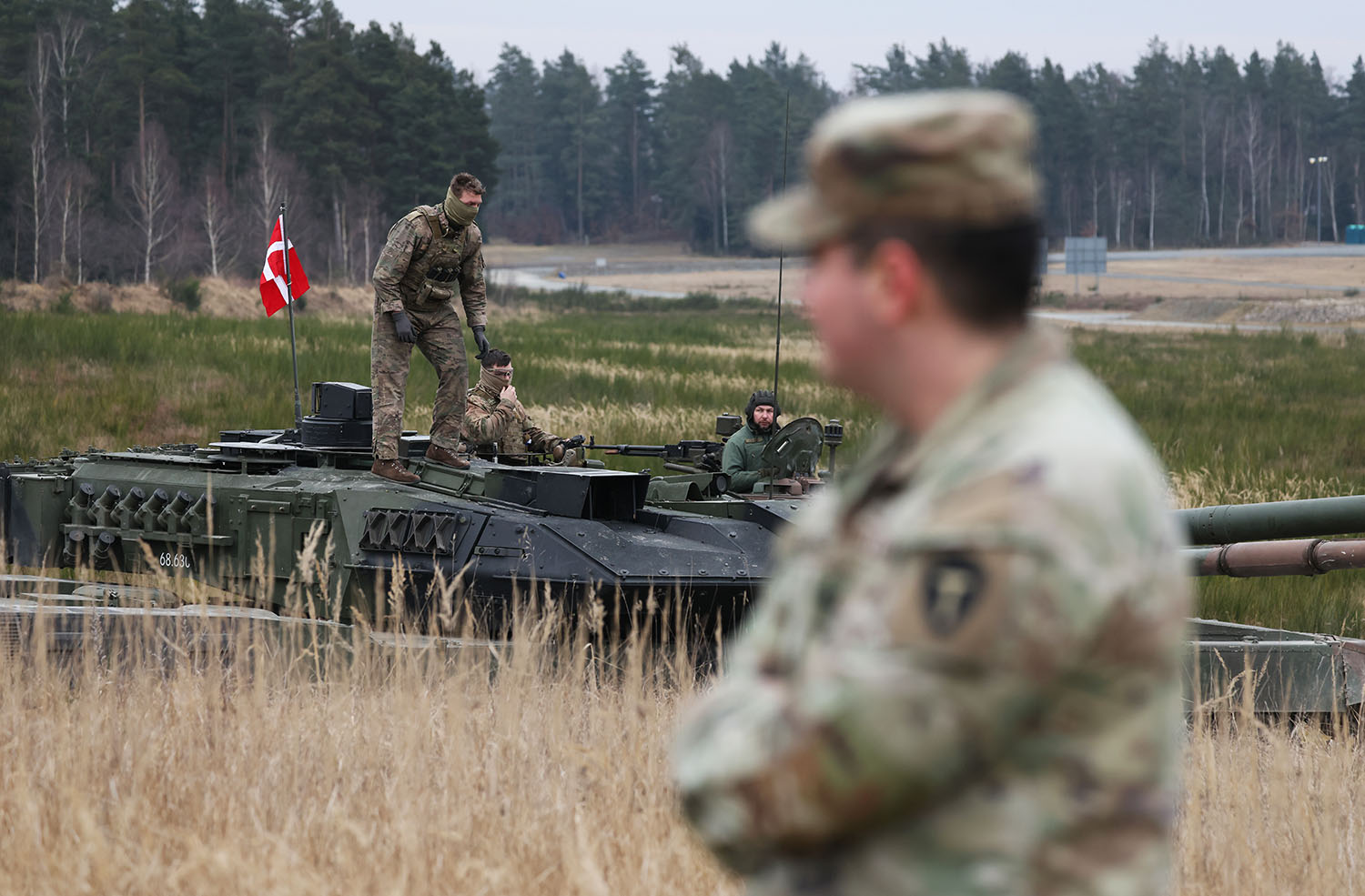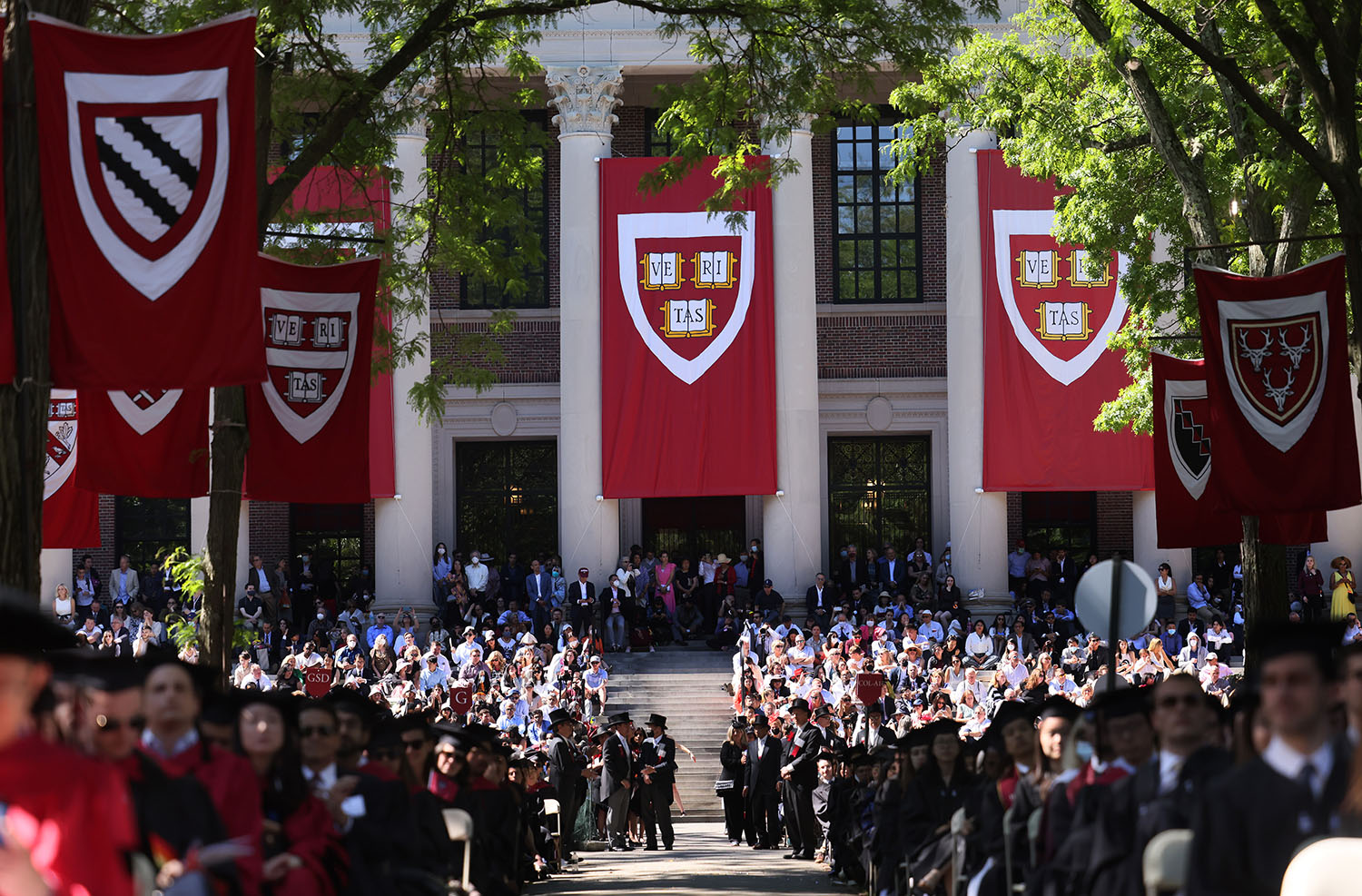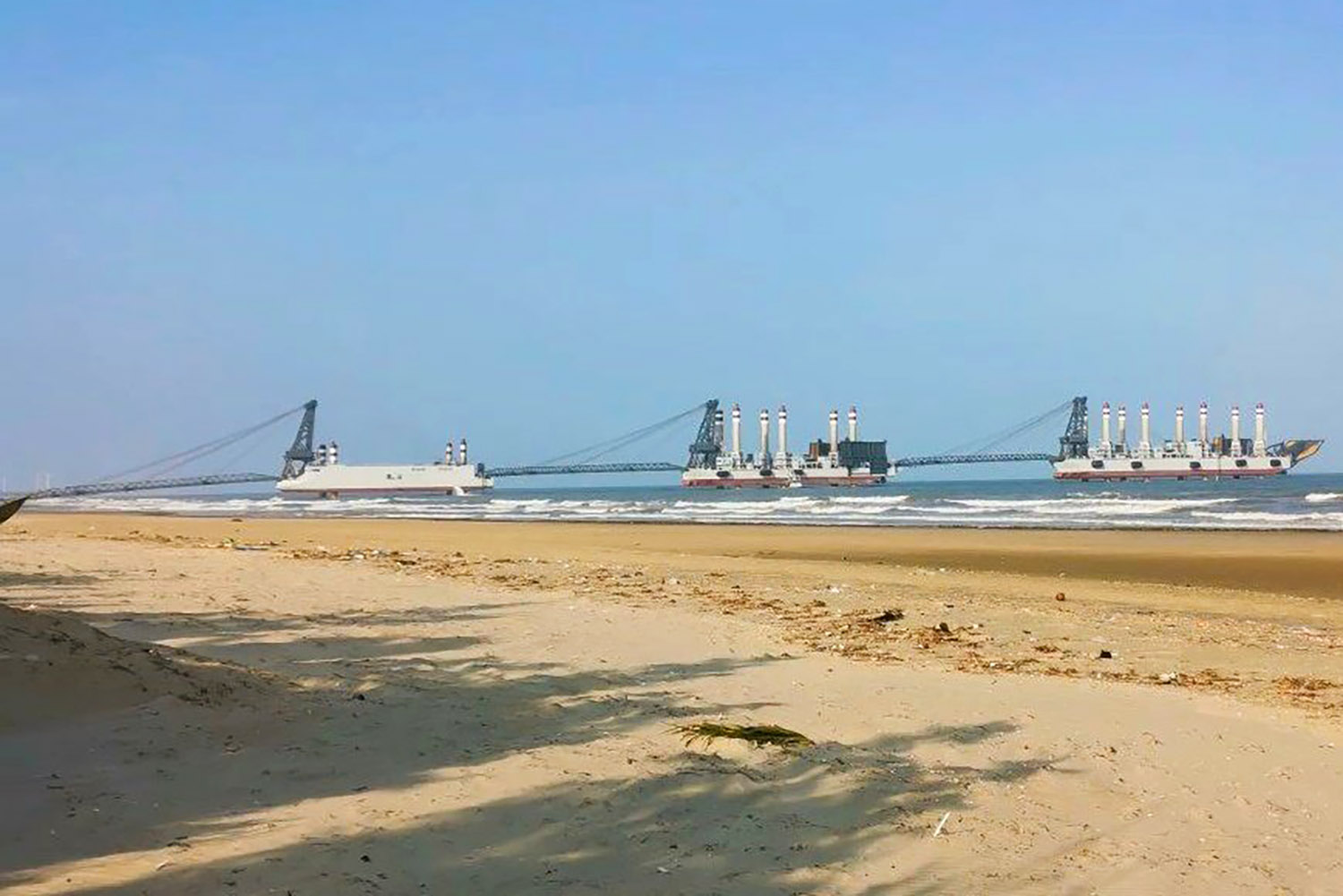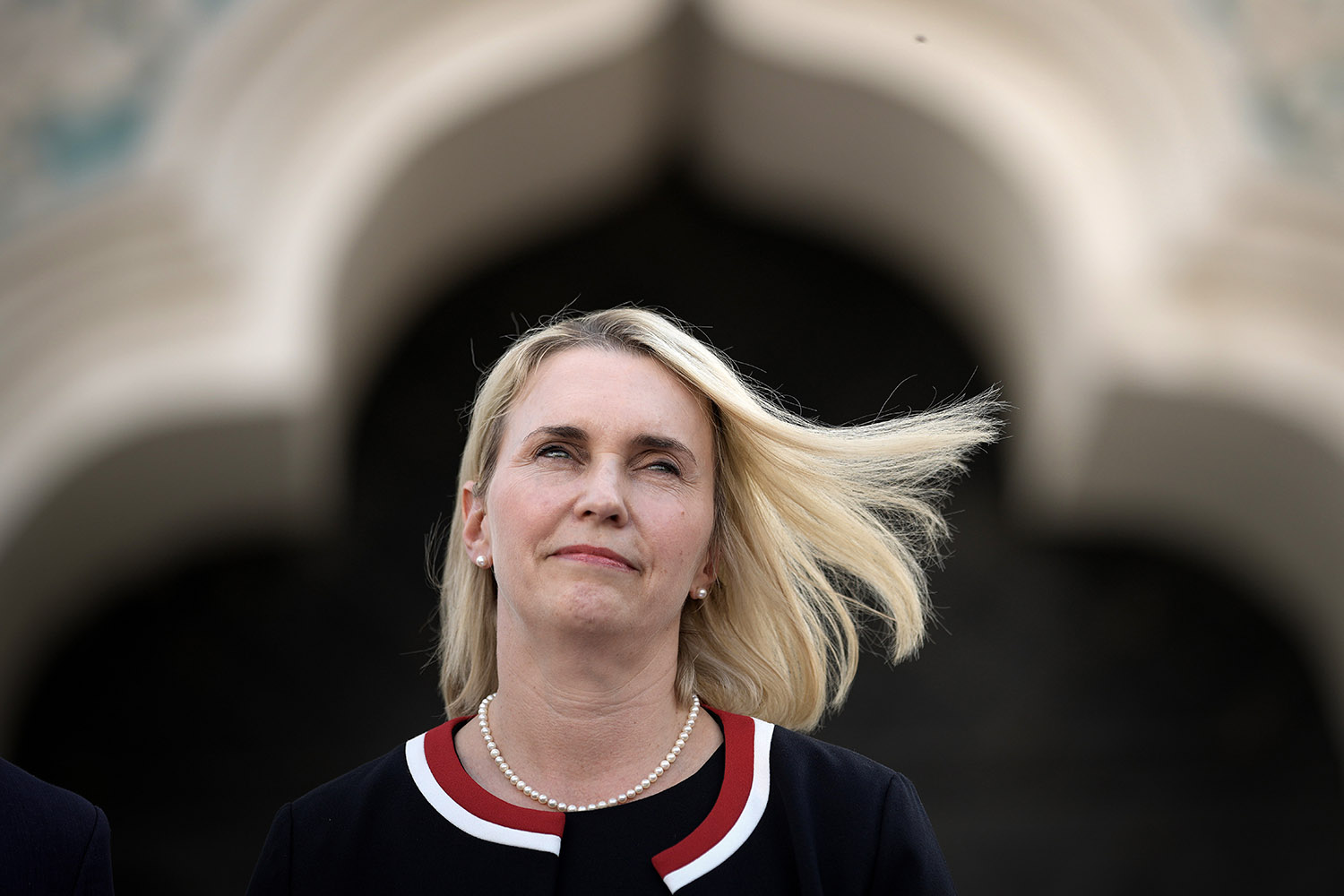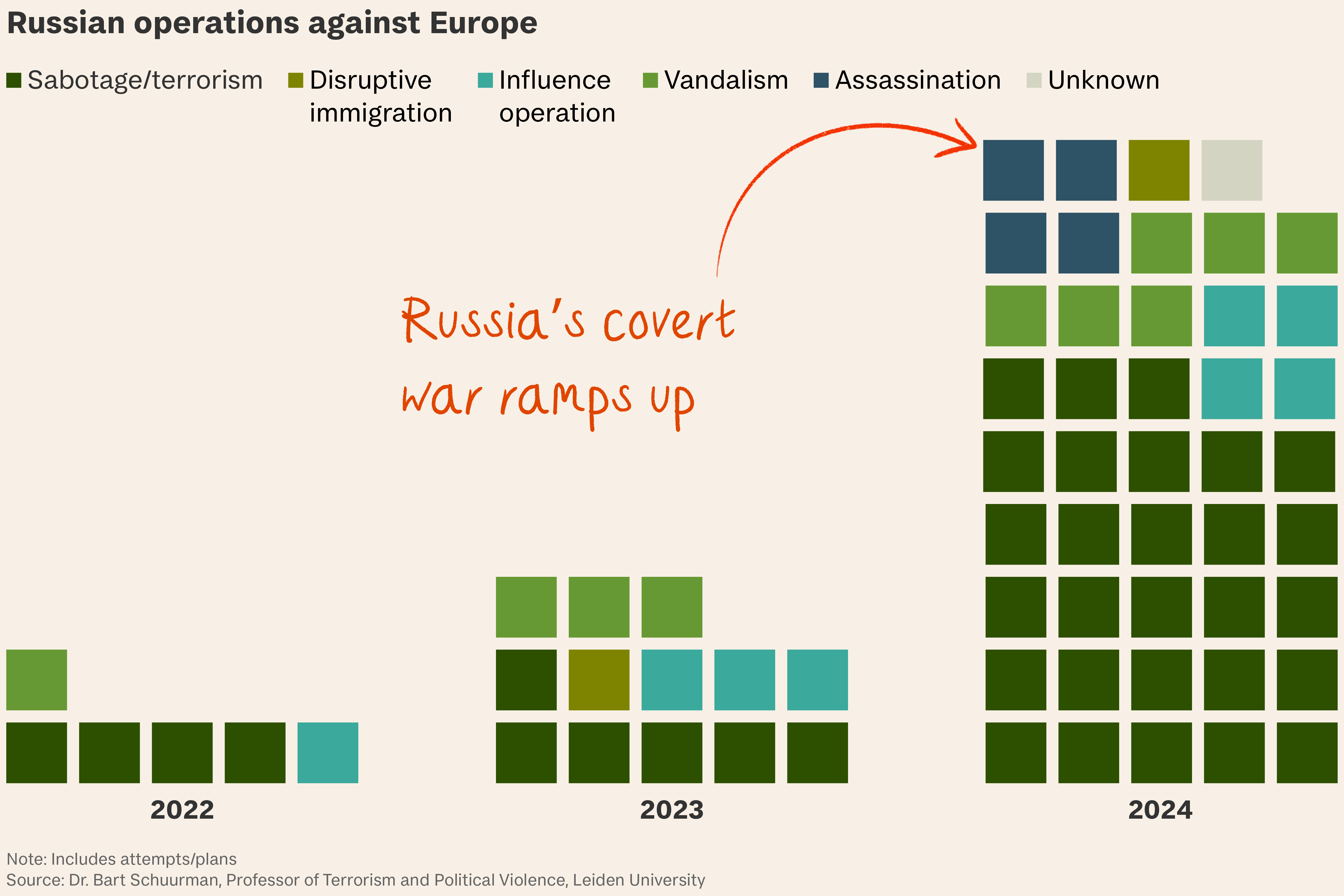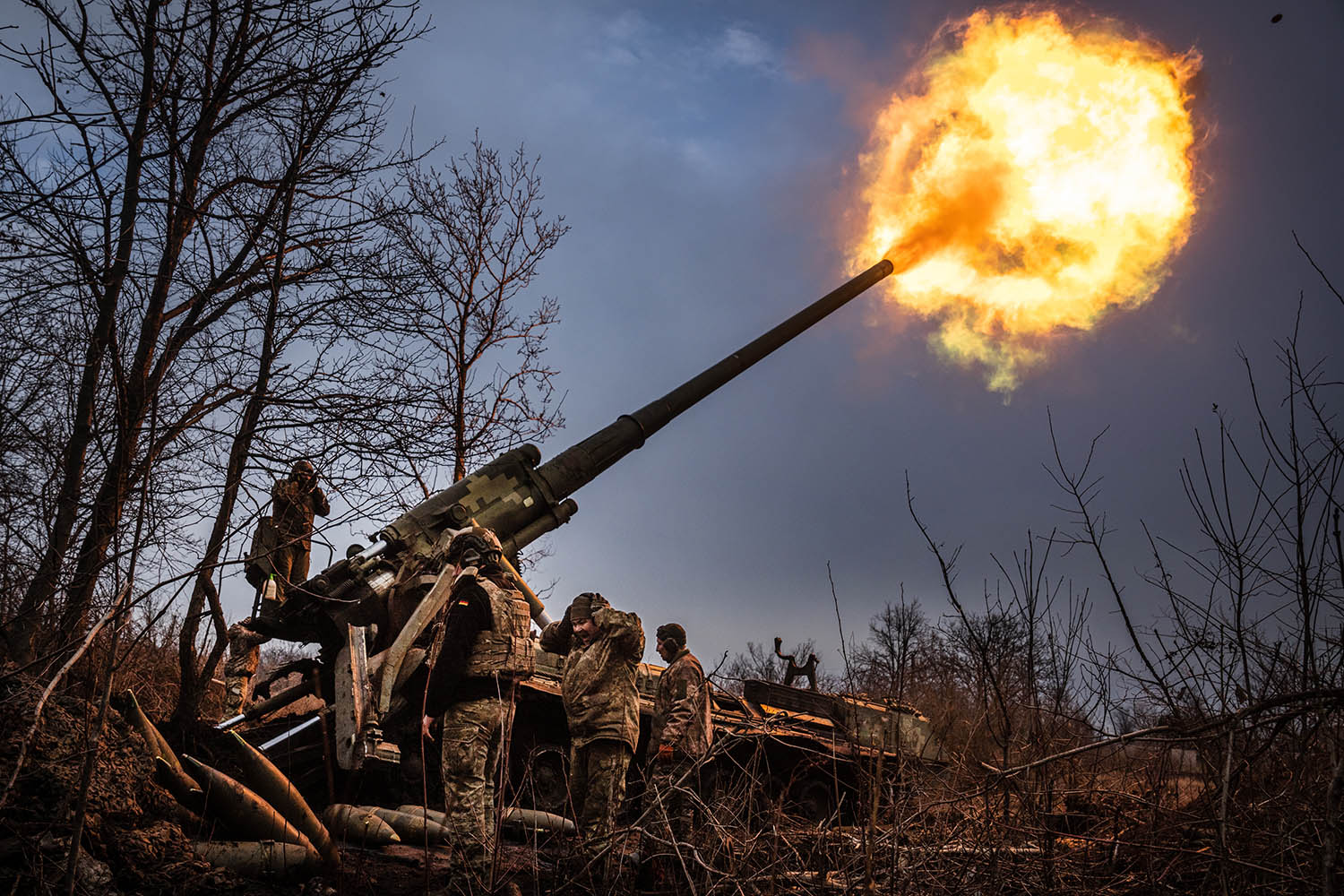
Three announcements yesterday spelled the beginning of the end of the war in Ukraine.
The first two were readouts from the White House and the Kremlin on a long phone call between Donald Trump and Vladimir Putin, after which Trump said peace talks would begin at once. The third was by the US defense secretary, Pete Hegseth, who ruled out Nato membership for Ukraine and said returning to its 2014 borders was unrealistic.
If it seems that Nato’s leading member is seeking to reward Putin for his unprovoked war of aggression and the suspected war crimes associated with it, that’s because it is.
Were the Hegseth guidelines to become the outlines of a deal, Crimea, parts of eastern Ukraine and a negotiated peace would be Putin’s reward.
Trump called Ukraine’s Zelensky too, but only after hanging up with Putin.
It wasn’t clear how Zelensky would feature in any talks on the fate of his own country.
It was clear that with one call Trump had ended Putin’s three-year diplomatic isolation, reversed a US policy of letting Ukrainians decide how and when to end the war, and committed one of the most striking acts of appeasement of the modern age.

